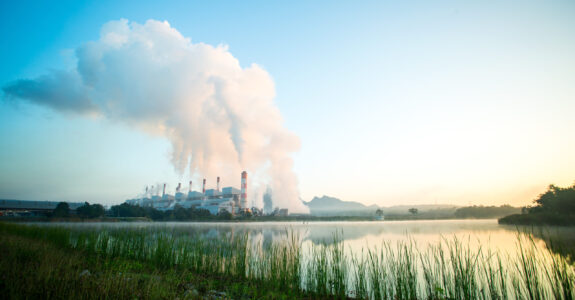
New Air Quality Regulations for Colorado’s Oil and Gas Industry
June 14, 2021
By: Chad Powell
On April 14, 2021 new air quality regulations became effective for Colorado’s oil and gas industry. The regulations affect pneumatic controllers found at new and existing well production facilities and natural gas compressor stations. These regulatory changes are based on revisions to the Air Quality Control Commission’s directives to consider pneumatic device requirements for greenhouse gas (GHG) reductions as part of a statewide effort. Additionally, the state of Colorado is working towards attainment with the ozone National Ambient Air Quality Standards (NAAQS) for the Denver Metro North Front Range (DMNFR) that was recently re-designated to Serious non-attainment. The Colorado Department of Public Health and Environment (CDPHE) has regulatory authority to enforce these regulations in Colorado.
Non-emitting Controllers
The new regulations include the following changes to well production facilities and natural gas compressor stations:
- New facilities commencing operation on or after May 1, 2021 are required to install and operate non-emitting controllers;
- Existing facilities having commenced operations prior to May 1, 2021 must develop plans on a company-wide basis to convert natural gas emitting pneumatic controllers to non-emitting controllers;
- Alternatively, an operator can choose to plug and abandon existing well production facilities;
- Operators are required to submit a company-wide plan by September 1, 2021 with updates due in July 2022 and July 2023;
- Well production facilities must determine the historic liquids production, number of gas-actuated pneumatic controllers, and number of non-emitting controllers for each such facility. The total historic non-emitting facility percent production is the basis for the percentage deadlines for converting to non-emitting controllers.
What This Means for You
Owners and operators should evaluate their current air program and determine how these proposed regulations will impact their operations. Four big efforts include:
- Identifying the number of gas-actuated pneumatic controllers vs. the number of non-emitting controllers at facilities;
- Evaluating total historic production for all well facilities and total controller count at natural gas compressor stations;
- Planning for a phase-out of existing natural gas actuated pneumatic controllers based on the percentages and deadlines required; and
- Preparing and submitting to CDPHE the company-wide plan.
For More Information
The new regulations are available at https://drive.google.com/file/d/1sCtcjhhaexdE0_K-fvrFudgO0vMuYis_/view
Have questions about this update? Need a permitting expert, or general help with your compliance efforts? Our regulatory experts can help. Click here to start a conversation.
 Chad Powell
Chad Powell
Mr. Powell has extensive experience in air permitting and compliance through working with both industry and government to implement business objectives while conforming to complex environmental regulations. He has advised clients in a variety of industries, with a focus on oil & gas upstream & midstream operations. Mr. Powell has experience with GHG calculation and reporting, permit strategy development, Best Available Control Technology (BACT) analyses, and compliance auditing.

